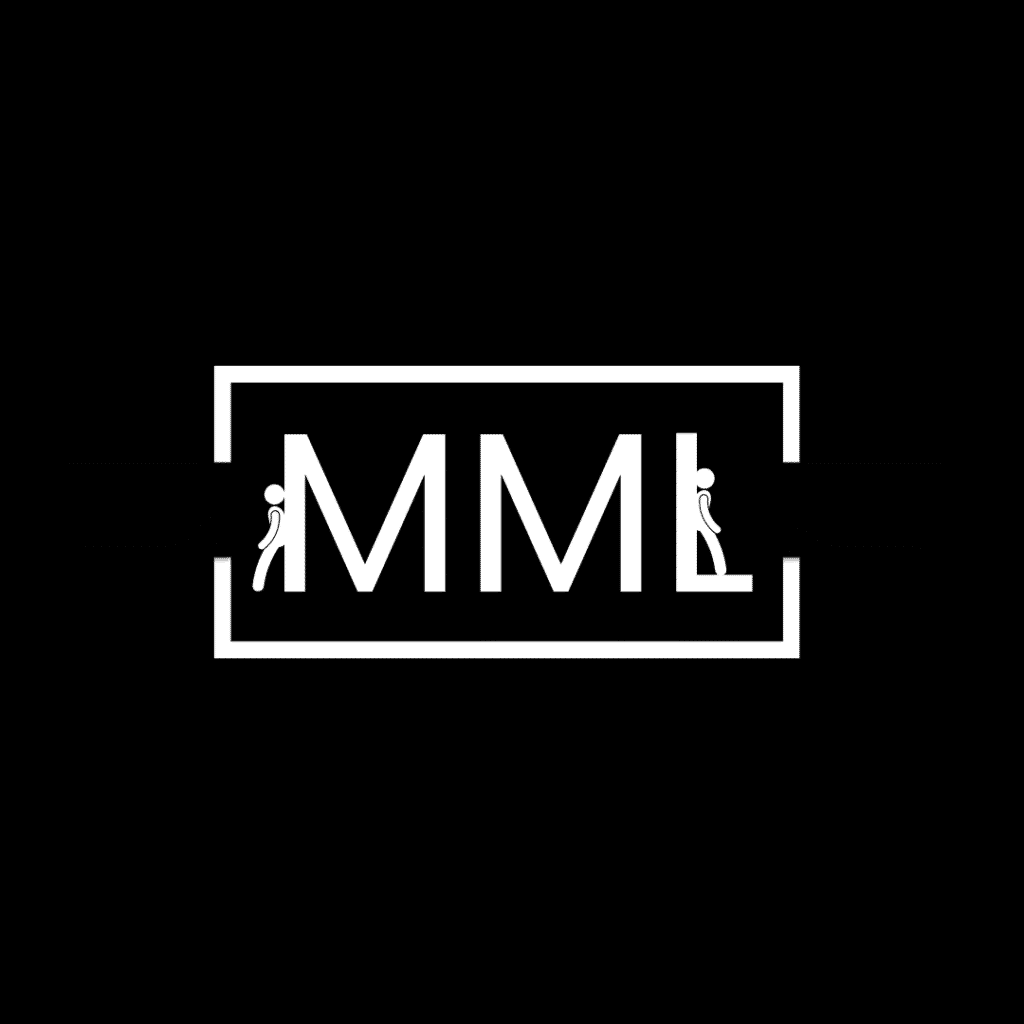Money is woven into every part of our lives—our choices, ambitions, and even our sense of self. It influences how we think, what we prioritise, and the kind of future we build. Yet, we rarely stop to question the deeper role it plays.
From the moment we start earning, spending, and saving, we form habits that shape not just our finances but our mindset and values. Some people see money as a source of freedom, while others feel trapped by it. Some use it with purpose, while others chase it endlessly, never feeling like they have enough.
When I started Money Meets Life, I wanted to explore these connections. I’ve always believed that financial choices reflect more than just income and expenses—they reveal how we think, what we fear, and what we truly value.
By understanding our relationship with money, we don’t just improve our financial well-being—we gain insight into ourselves, our motivations, and the life we’re creating.
Money: A Means, Not the Measure
At its core, money is just a tool. It has no inherent value beyond its function as a medium of exchange. We don’t seek money for its own sake—we seek what it can provide: security, opportunities, and experiences.
Yet, many people equate wealth with personal worth. But if money were truly a measure of character, the wealthiest people would be the most admirable, and the poorest the least worthy. Reality proves otherwise. One person might build wealth by creating life-saving medicine, while another might exploit others for financial gain. Meanwhile, some of the most compassionate, ethical individuals throughout history have lived in poverty.
If money doesn’t define us, why does financial growth matter? Because the way we engage with money reflects something deeper—our ability to control our impulses, set meaningful goals, and align our actions with our values.
Money as a Mirror: What Your Spending Says About You
I’ve written extensively about how to approach budgeting, and use it not just as a financial tool but as a way to reflect on what we prioritise in life. A budget isn’t about restriction—it’s about intention. True financial well-being isn’t about hoarding wealth or mindlessly spending; it’s about aligning money with what truly matters to us.
How you spend your money is a direct reflection of your values, priorities, and even your insecurities. There’s something profoundly life-changing about sitting down and evaluating your financial choices with intention. Each purchase presents an opportunity to ask:
- Do I truly want this, or is this just a fleeting impulse?
- Is this decision aligned with my authentic self, or is it driven by insecurity?
- Am I spending for my own fulfilment, or am I trying to impress others?
These questions cut to the heart of personal growth. Mindful spending isn’t about deprivation—it’s about ensuring your money flows toward things that genuinely enrich your life, rather than acting as a temporary fix for deeper emotional needs. When you learn to align your financial choices with your true values, you gain control over your life in a way that extends far beyond your bank balance.
Are You Controlling Money—Or Is It Controlling You?
Money should serve us, not control us. Yet, when the pursuit of wealth becomes an obsession, it can erode our character rather than strengthen it.
Chasing money for its own sake is a never-ending cycle—no amount will ever feel like enough. When we tie our self-worth to our net worth, we risk losing sight of what genuinely enriches our lives: meaningful relationships, a sense of purpose, and personal fulfilment. A healthy relationship with money means viewing it as a tool to enhance life, not as the ultimate measure of success.
If you’re reading this, you’re likely interested in building wealth and achieving success. But it’s worth asking yourself: What’s truly driving your pursuit? Is it financial security, freedom, or a deeper purpose—or are you simply chasing a number without questioning why?
Money Is Like Fire
Money is like fire.
In the right hands, it provides warmth, security, and the power to build something meaningful. It can cook your food, light your path, and protect you from the cold. But if left unchecked or misused, it can consume everything in its path, leaving destruction behind.
Like fire, money is neither good nor evil—it simply amplifies the intentions of the one who wields it. Use it with purpose, and it will serve you. Chase it blindly, and you risk being burned.
Why Financial Mastery Fuels Personal Growth
Improving your financial situation isn’t just about having more money—it’s about taking control of your life. Managing money well requires self-discipline, long-term thinking, and clarity about what truly matters.
For instance, budgeting isn’t just number-crunching; it’s an exercise in self-awareness. It forces us to confront our spending habits, acknowledge our priorities, and ensure our financial decisions reflect our values. Are we spending on things that bring lasting joy, or are we caught in a cycle of impulsive consumption? Are we investing in experiences and relationships or simply accumulating possessions?
Mastering money teaches patience, resilience, and responsibility—skills that extend far beyond finances. When we learn to manage money wisely, we become more intentional, more disciplined, and ultimately, more in control of our future.
Bringing It All Together
When I launched Money Meets Life, I wanted to explore these deeper connections—how money isn’t just about wealth, but about freedom, choices, and the ability to live in alignment with our values.
Understanding money isn’t about chasing numbers in a bank account. It’s about using money to build the life you truly want. When we engage with money intentionally, we don’t just improve our finances—we improve ourselves.
The way you manage money shapes more than just your bank balance—it shapes your character, your future, and your freedom. Make it work for you, not the other way around.


